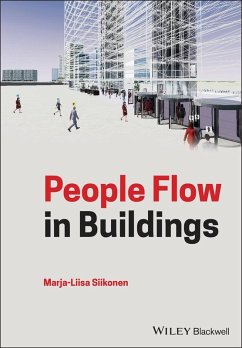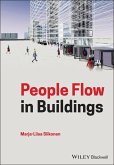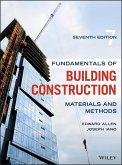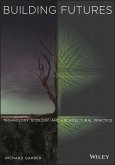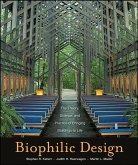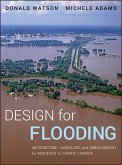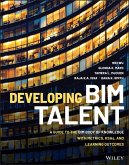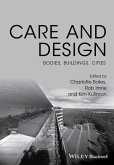Discover how to measure, control, model, and plan people flow within modern buildings with this one-stop resource from a leading professional
People Flow in Buildings delivers a comprehensive and insightful description of people flow, analysis with software-based tools. The book offers readers an up-to-date overview of mathematical optimization methods used in control systems and transportation planning methods used to manage vertical and horizontal transportation.
The text offers a starting point for selecting the optimal transportation equipment for new buildings and those being modernized. It provides insight into making passenger journeys pleasant and smooth, while providing readers with an examination of how modern trends in building usage, like increasingly tall buildings and COVID-19, effect people flow planning in buildings.
People Flow in Buildings clearly defines the terms and symbols it includes and then moves on to deal with the measurement, control, modelling, and planning of people flow within buildings of all kinds. Each chapter contains an introduction describing its contents and the background of the subject. Included appendices describe measured passenger data and performed analyses.
Readers will also benefit from the inclusion of:
Perfect for software designers in the private sector and academia, People Flow in Buildings will also earn a place in the libraries of elevator consultants, manufacturers, and architects who seek a one-stop reference for transportation devices from a functional and design perspective, as opposed to a hardware perspective.
People Flow in Buildings delivers a comprehensive and insightful description of people flow, analysis with software-based tools. The book offers readers an up-to-date overview of mathematical optimization methods used in control systems and transportation planning methods used to manage vertical and horizontal transportation.
The text offers a starting point for selecting the optimal transportation equipment for new buildings and those being modernized. It provides insight into making passenger journeys pleasant and smooth, while providing readers with an examination of how modern trends in building usage, like increasingly tall buildings and COVID-19, effect people flow planning in buildings.
People Flow in Buildings clearly defines the terms and symbols it includes and then moves on to deal with the measurement, control, modelling, and planning of people flow within buildings of all kinds. Each chapter contains an introduction describing its contents and the background of the subject. Included appendices describe measured passenger data and performed analyses.
Readers will also benefit from the inclusion of:
- A thorough introduction to people-counting methods, including counting technology inside and outside buildings, passenger traffic components, and manual people-counting
- An examination of the passenger arrival process in building, including the Poisson arrival process and probability density function, and passenger arrivals in batches
- A consideration of daily vertical passenger traffic profiles, including two-way traffic profiles and the effects of inter-floor traffic
- An exploration of people flow solutions, including stairs, escalators, and elevators with collective and destination group control systems, as well as double-deck and multicar system
- People flow calculation and simulation models
- Elevator planning with ISO simulation method
- Elevator planning and evacuation of tall buildings
Perfect for software designers in the private sector and academia, People Flow in Buildings will also earn a place in the libraries of elevator consultants, manufacturers, and architects who seek a one-stop reference for transportation devices from a functional and design perspective, as opposed to a hardware perspective.
Dieser Download kann aus rechtlichen Gründen nur mit Rechnungsadresse in D ausgeliefert werden.

